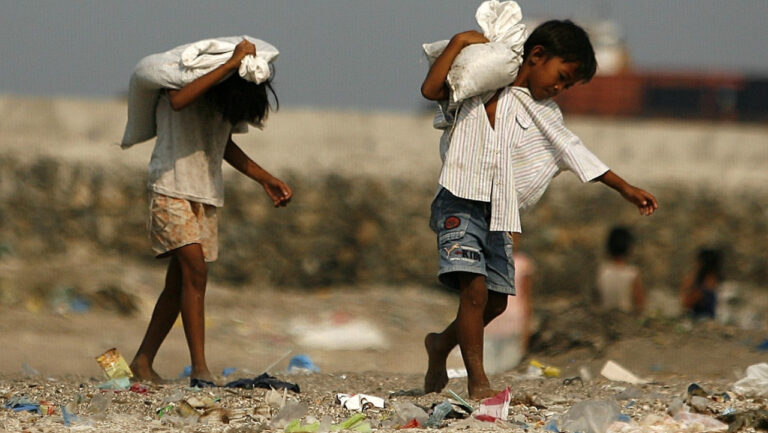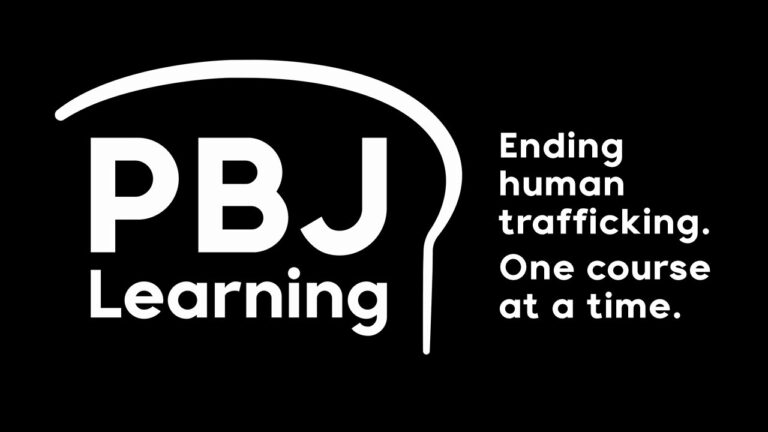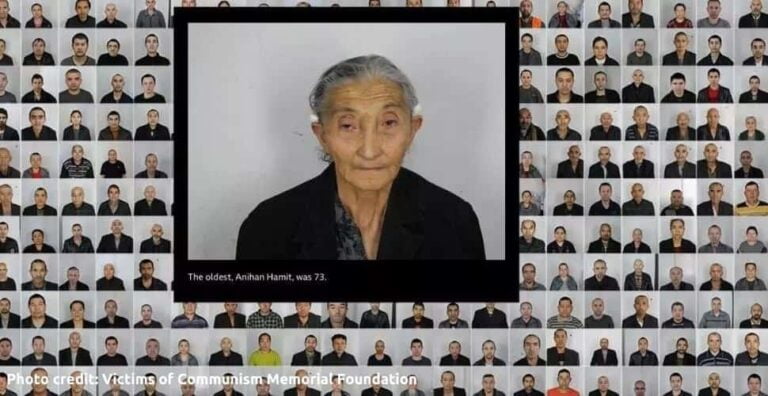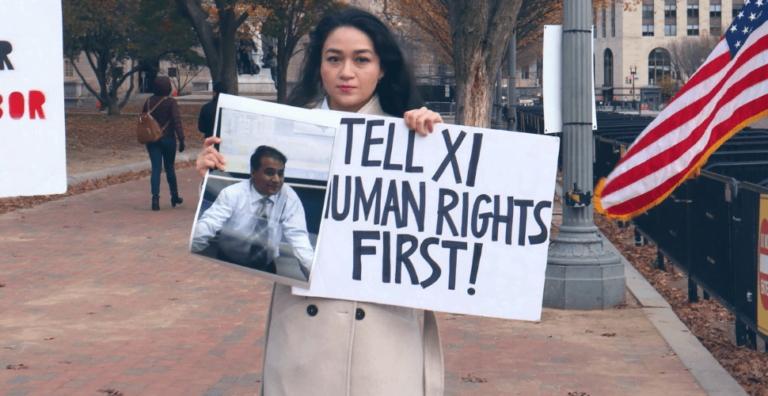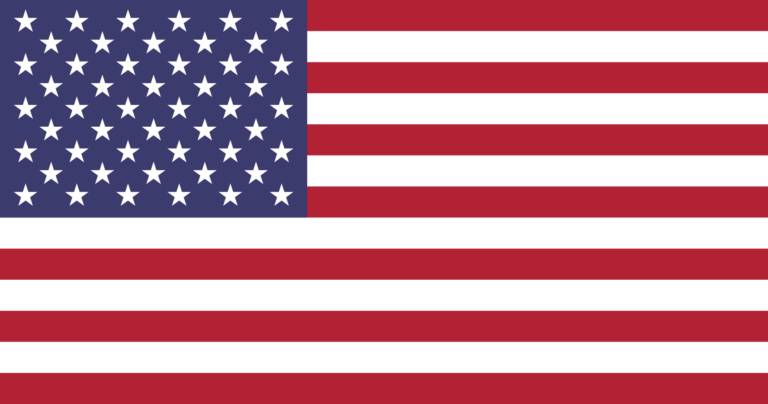Child labour, caste discrimination closely linked in India: UN reportSEXI News
United Nations: Child labour, caste-based discrimination and poverty are closely linked in India, according to a United Nations report that highlighted contemporary forms of slavery, including severe discrimination against Dalit women in South Asia, that led them to All areas are systematically denied choices and freedoms. Life Tomoya Obokata, Special Rapporteur of the Human Rights…

